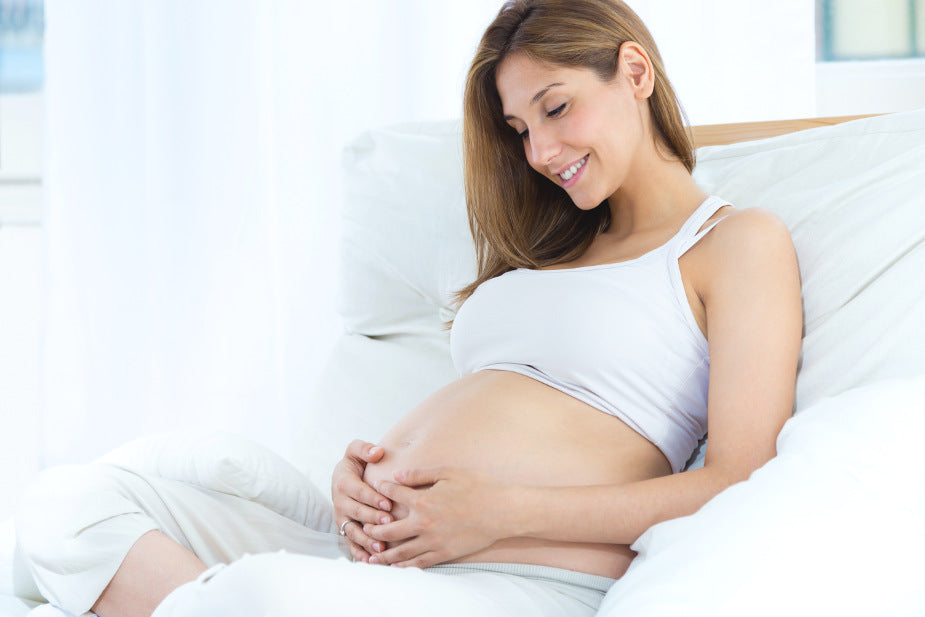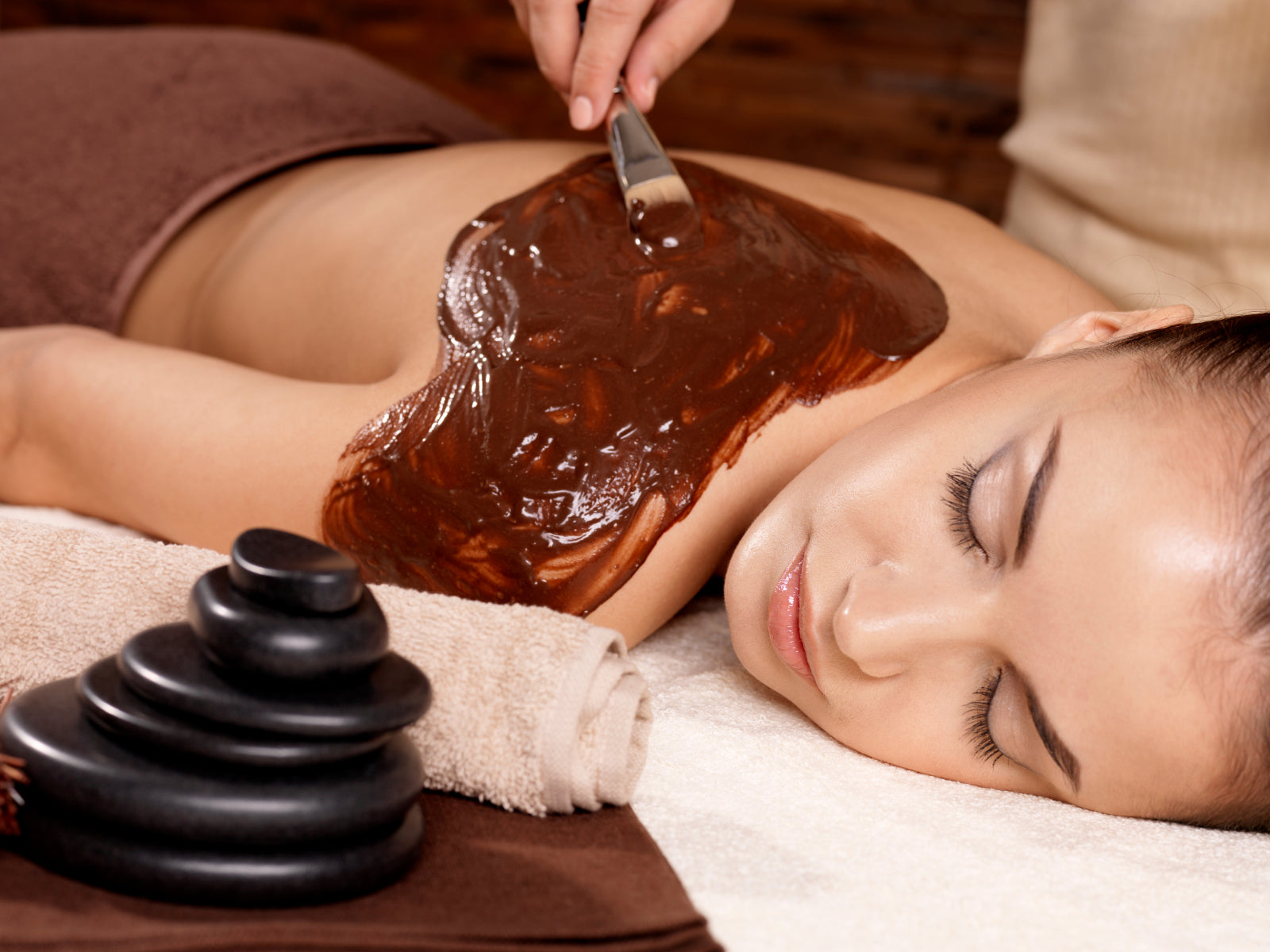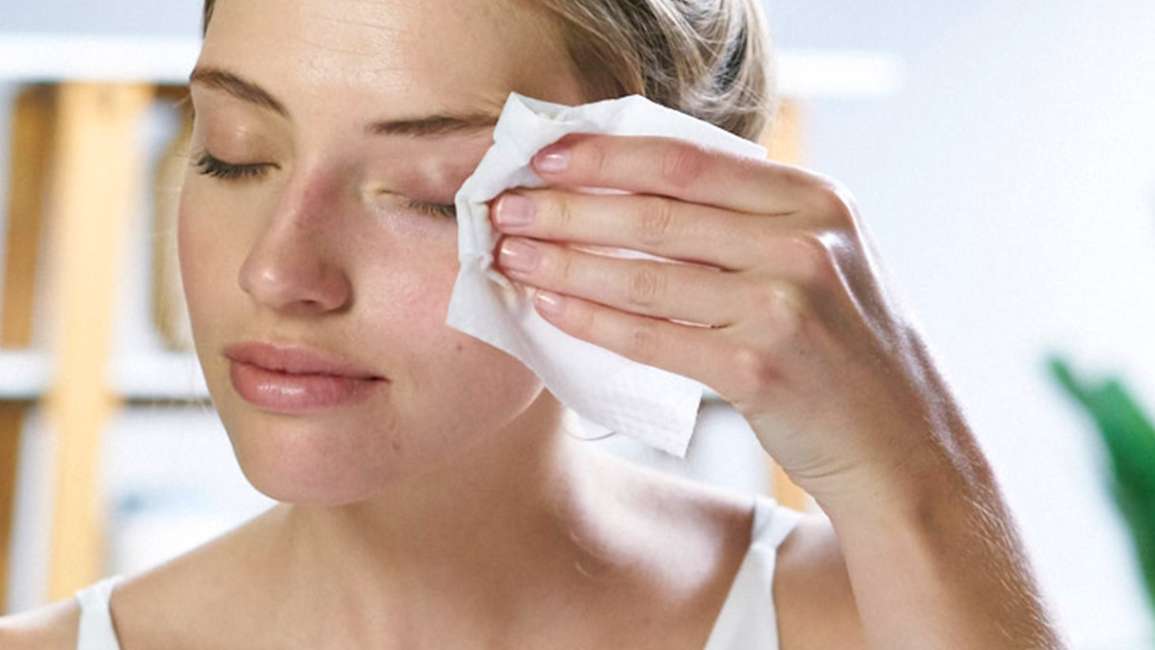
Pregnancy Skincare: What's Safe for Your Face and Body
Whether pregnancy makes you glow with good health or feel queasy and tired for nine months, it always impacts your skin in some way. You’re a mass of seething hormones, plus your skin area is expanding daily. And if you already have kids, there’s the exhaustion factor as well.
While you’re body is doing one of nature’s most complicated jobs, it’s important to look after your skin. Because your internal systems are working hard to nourish your baby, you want to focus on good nutrition to support healthy growth, but also to feed your skin from inside. There are some extra products and routines you may want to implement. At this time, you will also want to take precautions and remove some products from your routine due to potential risks to your unborn child.
Products that are best avoided while you’re pregnant
There are some products you should try and avoid when you’re pregnant, because they may be dangerous or pose a risk to your baby.
Retinol/ Vitamin A
This is a synthetic, manufactured form of Vitamin A. It’s an anti-aging treatment, however it’s known to cause birth defects. Sometimes even natural brands include this, so read the labels on all your skincare products.
Salicylic acid/ beta-hydroxy acid/willow bark
These are different names for one ingredient that’s used to dry up the skin to minimise acne. If ingested, it can cause birth defects or miscarriage. While there’s no evidence that application to the skin has the same outcome, give it a miss.
Other suspects to avoid
In general, try and avoid phthalates, formaldehyde (DMDM hydantoin) and propyl-, isopropyl-, butyl- and isobutyl-parabens. While not specifically problematic to pregnancy, these are questionable ingredients that show up in many skincare products. Also, reconsider fake tan and spray tan products, as they often contain DHA (dihydroxyacetone). While DHA is not specifically implicated in any problems, because so much of your skin is exposed to it and so regularly, it’s best if you stay beautifully untanned.
If you need some time out to pamper your skin, a trip to the beautician for a facial can be a welcome break, however avoid skin peels that have glycolic or beta-hydroxy acids. There are safer options, with some women opting for lactic acid instead.
What should you add to your pregnancy skincare routine?
You don’t need to do a massive overhaul of what you’re using. If you’re already using naturally-derived products, then continue to use them. If you’re using a standard products, it could still be fine to use them, however switching to a natural skincare regime will alleviate any worries. For specific pregnancy skin issues, here are some tips from us:
Stretch marks
While largely due to genetics, you may be able to minimise the appearance of stretch marks. You could try adding some collagen into your diet, which can be obtained from a range of sources, including bone broth and collagen supplements. Alongside this, vitamin C helps with collagen production. Have a healthy diet with good fats such as avocado and nuts. Spend a little time in the sun each day for vitamin D and find a skin oil you like that moisturises and heals. Okana Avocado Smash Body Butter is ideal for looking after ever-expanding skin.
Varicose veins
Varicose veins can become worse with pregnancy, because of the added weight putting pressure on the blood vessels in your pelvis. This means there’s extra blood flow, which doesn’t flow freely into the veins in your legs and results in enlarged veins. Continue with regular exercise and a healthy diet, as there is not much you can do about treating the veins until after the pregnancy (and they might just fade away).
Pregnancy acne
A common side effect of pregnancy, breakouts are frustrating. Consider taking a good probiotic to help with your gut health and pay careful attention to your cleansing routine. A deep cleanse using our Mango + Apricot Sorbet Cleanser, followed by a spritz of Cucumber + Lettuce Toner is best-practice for night and morning.
Melasma
Also called pregnancy mask, this is when hormonal changes cause the skin to have darkened patches. There’s not much you can do to resolve this, however you can hinder the pigmentation by applying sunscreen to the affected areas and eating well, with lots of vitamin C. This problem usually clears up in the months following birth.
Red/ flushed skin
Increased blood volume during pregnancy makes you glow, which is great. But in some women, this glow goes slightly overboard and becomes a permanently pink or red flush. After you’ve given birth, this will naturally return to normal. In the meantime, a green-toned foundation can help to minimise the redness. You may like to try mineral makeup, which contains titanium and zinc - natural sun-protectors.
Dry skin
You’ll want to be able to use a moisturiser that you’re confident is safe for you and baby, and takes away any itchy, dry or flaky skin. Many women swear by coconut oil (just not on your face as it’s comedogenic and will block your pores), shea butter and cocoa butter. Or simply order our Natural Vegetable Day Moisturiser online. We also have a night cream (made with berry juice, macadamia oil and apricot kernel oil), so you can sleep your way to beautiful skin.




Leave a comment
This site is protected by hCaptcha and the hCaptcha Privacy Policy and Terms of Service apply.